Landmark fish study planned for Lake Tanganyika
1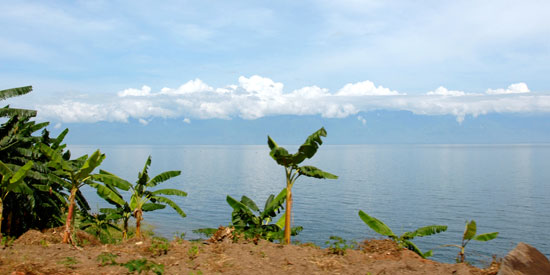
Lake Tanganyika
Four countries will be teaming up to study the volume of fish in the world’s second-oldest and second-deepest lake, Tanzania’s Lake Tanganyika.
The landmark study on the 13-million-year-old and one-mile-deep body of water involves researchers from Tanzania, Burundi, Zambia, and the Democratic Republic of Congo. The work aims to estimate the current volume of fish in the lake, as well as the number of fishers involved in fishing trade from each of the four nations.
A comprehensive report following a 14-day study is planned for release by May, according to Fatuma Sobo, Tanzania’s deputy director for livestock and fisheries. She believes findings from the study will assist all four countries in improving fishing on the lake, which is essential to the diet and livelihood of many in the region.
Up to 200,000 tons of sardines, as well as four other fish species, are harvested annually from Tanganyika. Although people consume only a few of the species in the lake, fish still supply between 25 and 40 percent of the protein for all regional communities.
Extensive research has already been conducted on the lake, and previous conclusions will be considered during the development of the new report.
Lake warming research performed by Brown University used the analysis of sediment core samples from the lakebed to analyze lake surface temperatures over the past 1,500 years. The investigation revealed that a 26-degrees-Celsius surface temperature measured on the lake in 2003 is the warmest it has been in that range of time.
Warming of the lake causes productivity to decline due to differences in the density of water at low versus high water temperature. When the surface warms, it becomes much less dense than water in the depths of the lake. This makes it less likely that mixing will take place, which is necessary to cycle nutrients and oxygen to species that live at varying depths.
Research conducted by the University of Arizona acquired wind speed data and measured water and air temperatures on the lake, then compared results to historical data collected over the past 80 years. The correlation of wind speed above the lake with surface water and air temperatures allowed for a more detailed study of nutrient and oxygen mixing distributions. The study found that climate change alone is responsible for decreasing fish stock in Lake Tanganyika as much as 30 percent over the past 80 years
According to Andrew Cohen of the University of Arizona, the work provided a clear indication of the regional effects of global climate change — especially global warming — on tropical lake ecosystems.
Scientific research on Lake Tanganyika study mooted [The Guardian Ltd] Image Credit: http://www.flickr.com/photos/deepphoto/463823524/




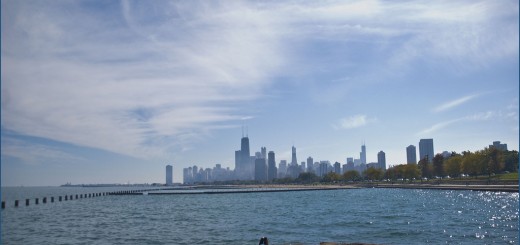
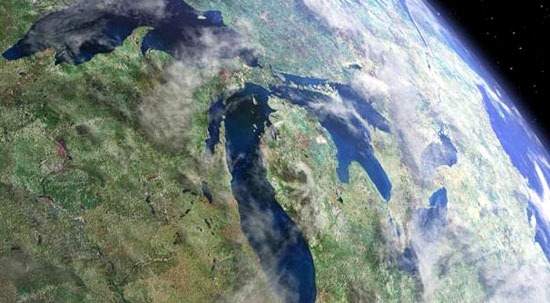
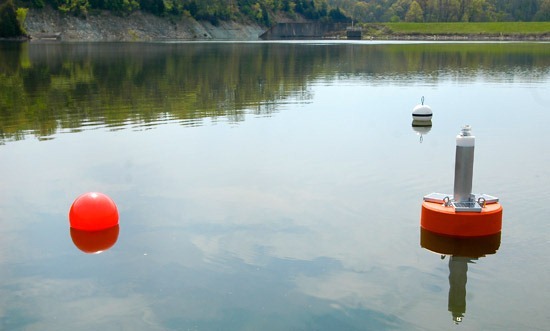
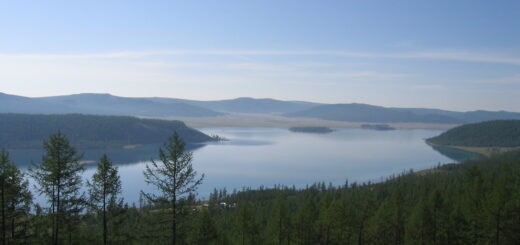






If you actually read this article http://www.ippmedia.com/frontend/index.php?l=26959 you’ll see that the highest recent lake temperature was in 2003 – that’s 8 years ago. Gee what happened to global warming? Oh yes that’s right, we now know that it is a fraud! I smell a cover-up, and I am angry about being misled about global warming for 20 years or so. Fortunately people are seeing the light and the scam will soon be exposed to all.